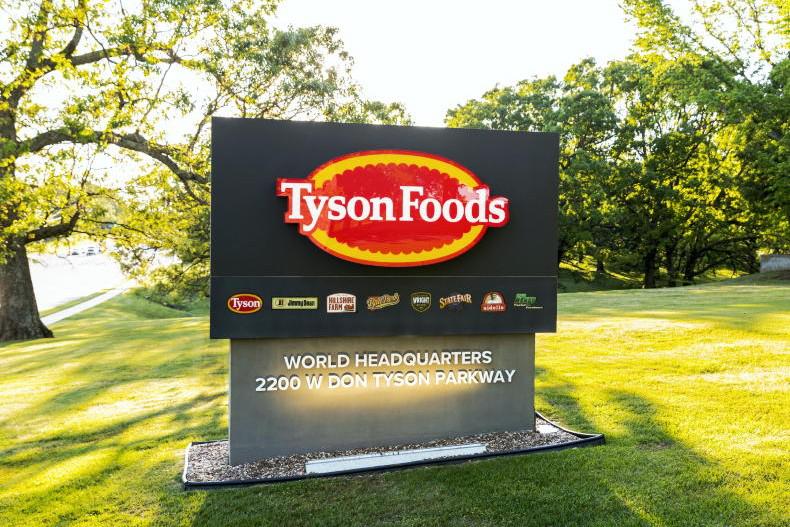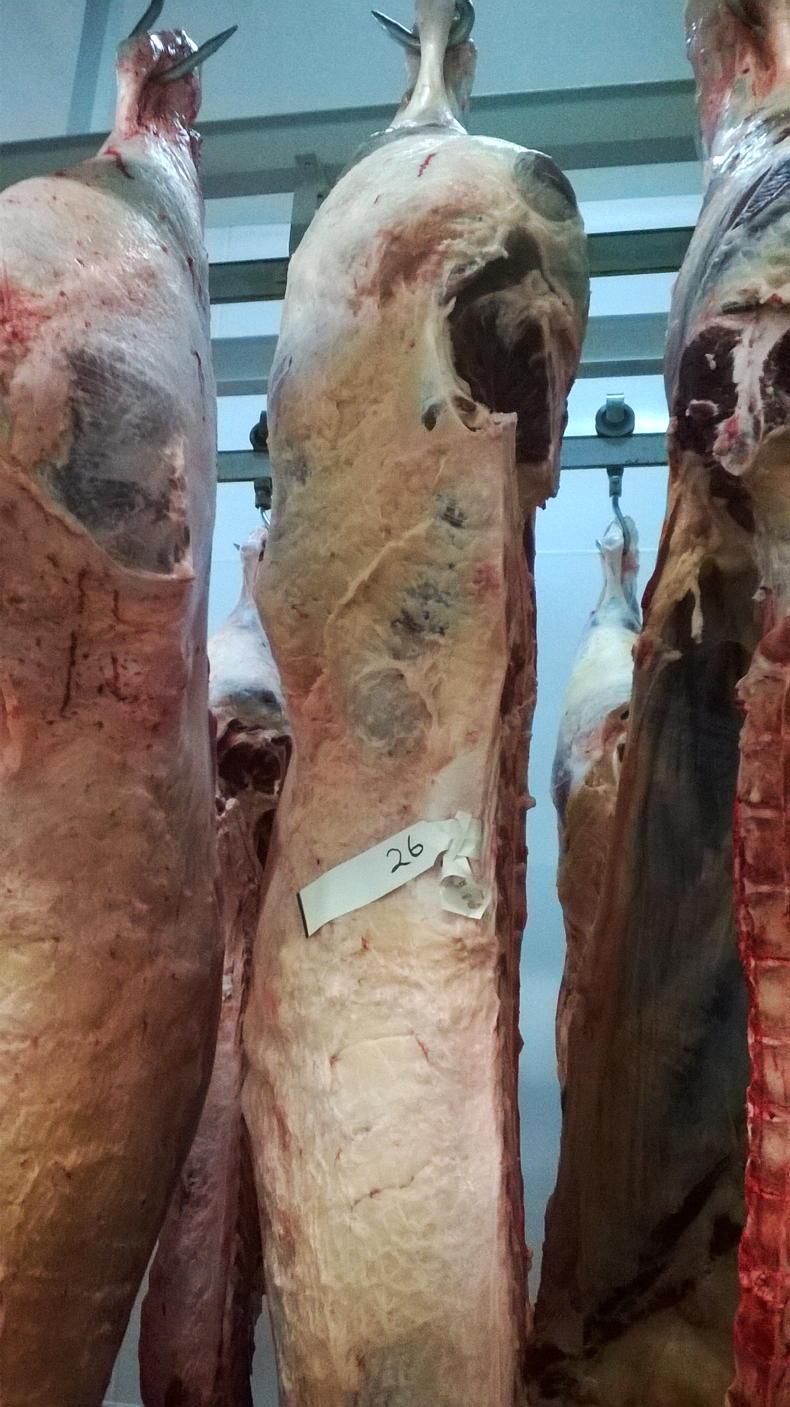Labour shortages have worsened across the agri-food sector, with meat processors particularly hard hit. Cormac Healy of Meat Industry Ireland (MII) has confirmed that up to 2,000 staff are now needed by meat factories.
Worryingly, Healy conceded that these positions were unlikely to be filled before January, even if the Government grants additional permits to the industry for non-EU workers. As the Irish Farmers Journal went to press, we understood that a new general employment permit quotas for 1,000 horticulture operatives, 500 meat deboners, 1,500 meat processing operatives and 100 dairy farm assistants were to be approved.
The shortage of skilled staff has also hit the butcher trade. David Lang of the Associated Craft Butchers of Ireland (ACBI) estimated there are up to 250 vacancies in the sector at the moment.
Factories are struggling badly to source and retain slaughter-line and boning-hall personnel. Holding on to key management is also proving a challenge for food companies.
Increased wages
Increased competition for all grades of staff is pushing wages and salaries at every level.
Pay rates are heading towards €12-14 per hour for general operators, well above the minimum wage levels of €10.20 per hour that were paid in the past.
Meanwhile, the continuing boom in the construction industry, allied to base wage rates of around €20 per hour, is sucking labour out of the food industry.
The battle for workers is being fought online, where recruitment sites are filled with adverts for all grades of workers.
The intensity of the competition for labour was highlighted in a recent survey by IrishJobs.ie.
It found that vacancies were up 42% compared to pre-pandemic levels, and had increased 20% from between quarter two and quarter three this year. The survey also noted that demand for staff had more than doubled compared to this time last year.
Commenting on the survey, Orla Moran, general manager of IrishJobs.ie, said the results indicated the extent of the troubles facing employers.
“Finding staff to fill the sheer number of vacancies in a competitive talent market, where strong candidates can easily pick and choose roles and employers, will be a challenge,” she said.
Uncomfortable reality
These difficulties have become an uncomfortable reality for the meat sector in Ireland and Britain since last year, but the problems have intensified over the past six months.
Ireland has still not reached the depths of the crisis faced in Britain. Indeed, there have been reports in the UK media that workers were transferred by processors from Ireland to Britain to help circumvent the labour shortage there.
However, Irish sources have questioned whether this occurred.
“I don’t know for certain, but we certainly didn’t do it,” one senior industry source told the Irish Farmers Journal. He described the labour situation as “extremely tight”, but he claimed most factories were “managing”.
“Every day you come in you are seeing what you have, and then you cut your cloth to match,” he explained.
But the labour shortages have put additional pressure on existing staff and have affected operations in meat factories.
“We’re not harvesting as much as we could, so that’s a loss. And we’ve had to supply some customers with bone-in product rather than boneless because we just don’t have the staff,” the meat sector official conceded.
Both the white meat and red meat sectors have been affected by the labour shortage issue. In a presentation to Teagasc’s virtual pig week, Healy said processing capacity across the industry was under “serious pressure”.
Permits
He said the meat sector had 2,000 vacancies and a business case had been made by MII to both the Department of Agriculture and the Department of Enterprise Trade and Employment for additional permits for non-EU workers.
Healy predicted it would be January at the earliest before a “significant injection of much-needed labour” would be in place should the approach to Government be successful.
He said there was a processing time of 12 to 16 weeks for work permit applications.
However, issuing more non-EU work permits may not be a panacea for the meat industry’s labour problems.
Difficulties in securing accommodation and the high cost of living in Ireland are serious impediments to enticing foreign workers.
Every day you come in you are seeing what you have, and then you cut your cloth to match
There is also a risk of the workers leaving the meat industry for better paid employment once they get settled.
Indeed, one southern beef factory is reported to have lost seven or eight foreign workers to the construction industry soon after they arrived in Ireland.
Greg Ennis of SIPTU said the long-term solution to the labour problems in the meat industry lay in improving the pay and conditions of existing workers.
“I am not a bit surprised that we are experiencing a shortfall in labour within the low-paid food and meat processing sectors,” Ennis told the Irish Farmers Journal.
The SIPTU official said the Government and meat companies had lauded the meat sector employees as essential workers during the pandemic, but had since failed to implement the recommendations of the Oireachtas Committee on COVID-19.
Better conditions
“These workers are leaving food production in their droves for better-paid employment, which offer superior terms and conditions of employment including sick pay and pension provision,” Ennis said.
He pointed out that this trend was being driven by the hike in energy costs and rents.
“The employers must improve the conditions on offer to their workers and the Government must bring about collective bargaining entitlements for workers, so as to enable workers to accrue those improved conditions,” he added.
Ennis said there had already been incidents within the white meat sector of product being dumped because there was not enough staff to process it.
He warned that the sector’s difficulties could escalate, as they have in Britain, if meat processors failed to address employment conditions.
“The Government and employers must act now, or they will inevitably face a labour shortage into the future, which will result in stagnation at first and then reduced production in many food processing facilities,” Ennis maintained.









SHARING OPTIONS